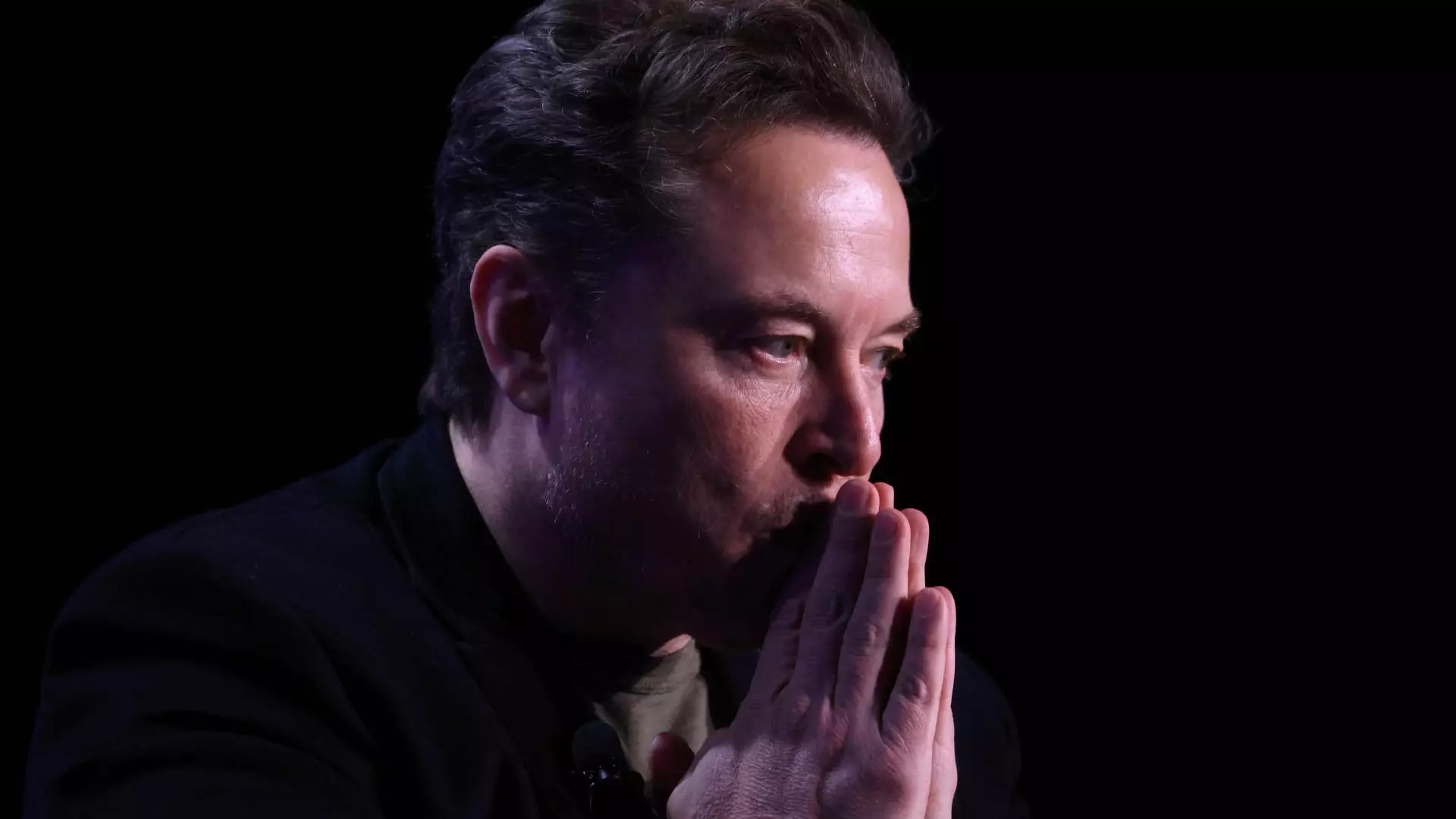Brazil’s telecommunications regulator, Anatel, has threatened sanctions against Elon Musk’s satellite internet company, Starlink, in the midst of a public dispute with the billionaire over the country’s decision to block his social media platform, X. The Brazilian supreme court recently ordered a nationwide suspension of X due to non-compliance with the country’s laws. Anatel has instructed internet providers to block access to X following the court order, leading to tensions between Musk’s companies and the Brazilian government.
Artur Coimbra, a commissioner at Anatel, revealed that Starlink is the only company refusing to comply with the court’s decision to block X. Coimbra mentioned that Anatel is investigating the potential noncompliance of Starlink and other network operators. The telecommunications regulator has the authority to impose sanctions on companies that fail to adhere to court orders, including fines and revocation of business licenses in Brazil. This situation has escalated, prompting a response from both Anatel and SpaceX, the parent company of Starlink.
The conflict between Musk and Brazil dates back to April, when X faced restrictions following court decisions to block certain accounts. Musk recommended the use of virtual private networks (VPNs) as a way to access the social network if banned. The legal battle intensified as Brazil braced for municipal elections, revealing a requirement for social networks to have designated individuals for handling government takedown notices related to political misinformation. X failed to comply with this law, leading to legal actions against the company amid ongoing tensions.
Starlink’s involvement in the dispute has intensified the conflict between Musk and Brazil, particularly sparking clashes with Brazilian supreme court Justice Alexandre de Moraes. Moraes issued an order freezing Starlink’s finances and prohibiting financial transactions in the country. X accused Moraes of threatening its legal representative with imprisonment, further fueling Musk’s criticisms of the justice system in Brazil. Musk has denounced Moraes as an “evil tyrant” and condemned the court ruling as an act of censorship.
The escalating confrontation between Elon Musk’s Starlink and the Brazilian government highlights the complexities of legal compliance and freedom of expression in the digital age. The clash underscores the challenges faced by tech companies operating in various jurisdictions with differing regulatory frameworks. As the situation unfolds, it remains to be seen how the conflict will be resolved and what implications it may have for the future of internet governance and corporate accountability.


Leave a Reply